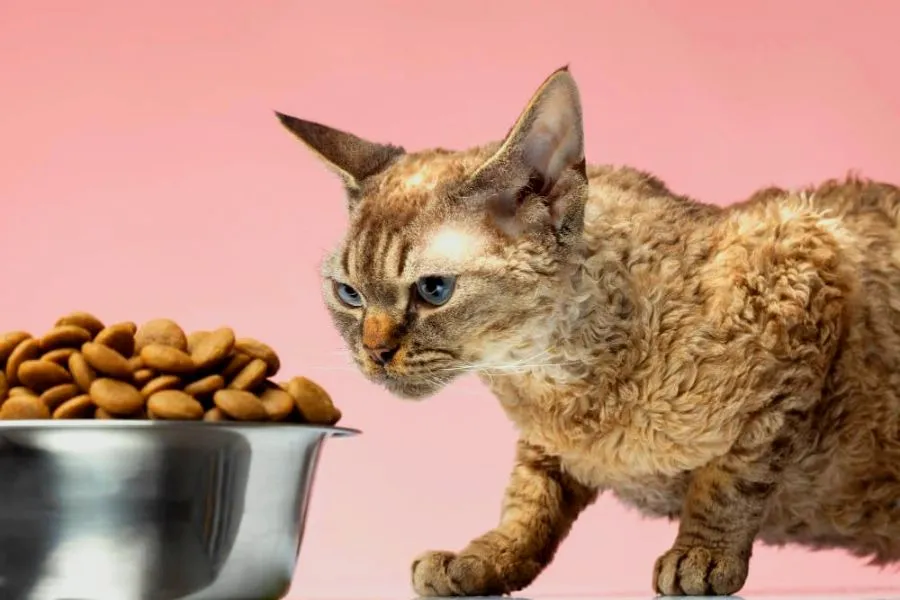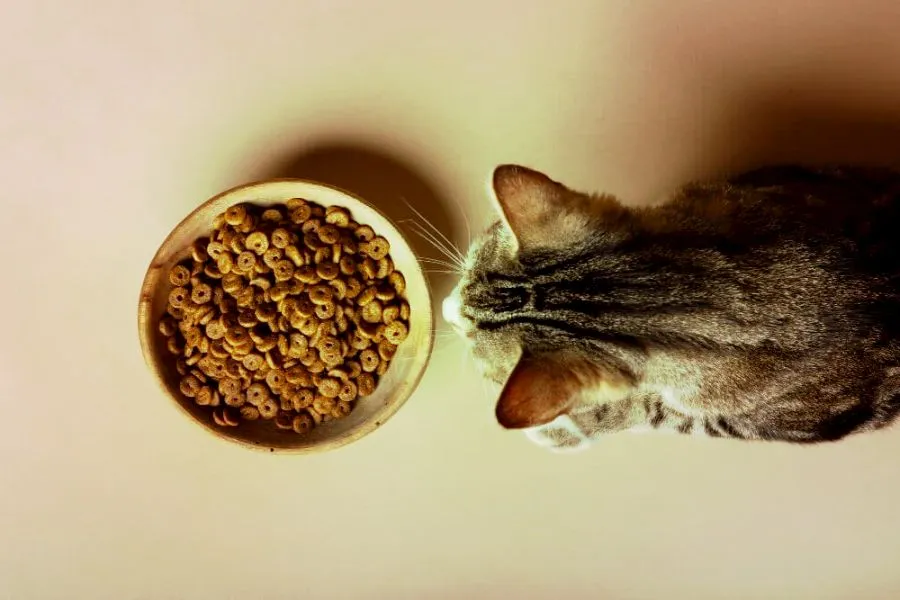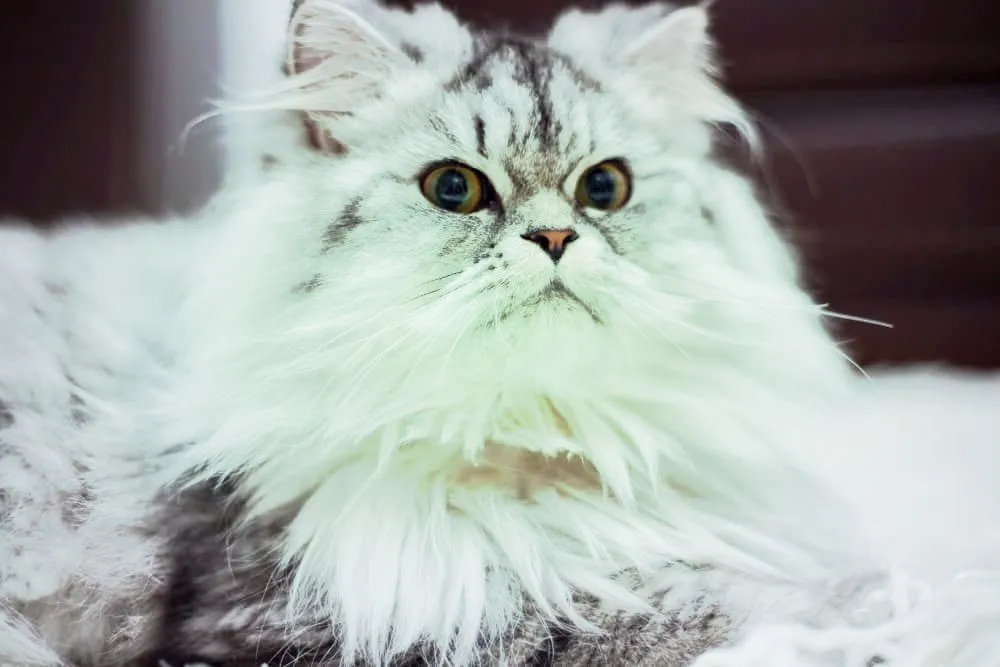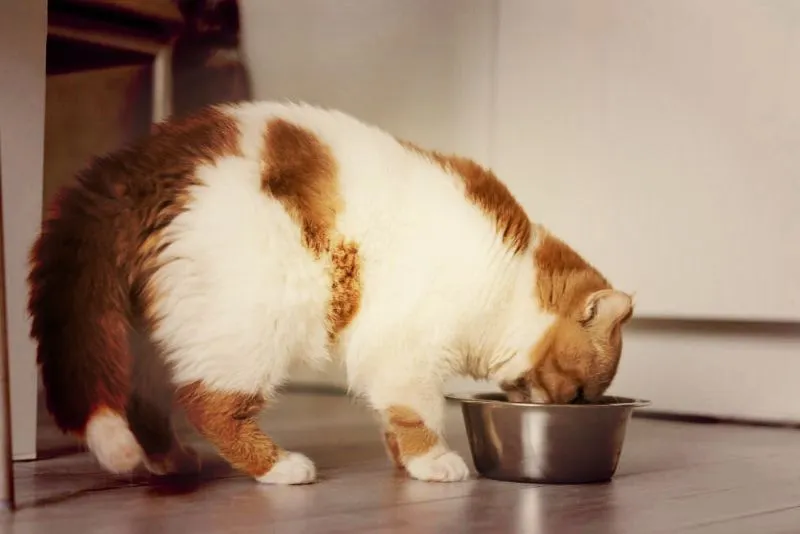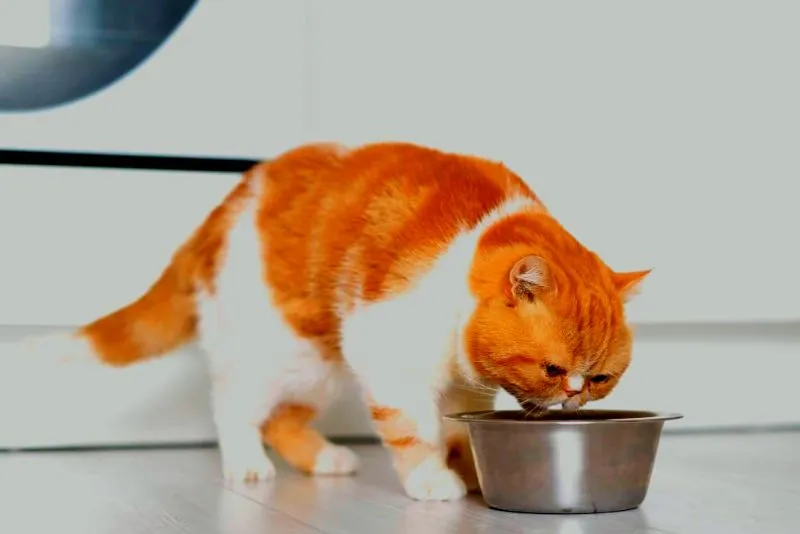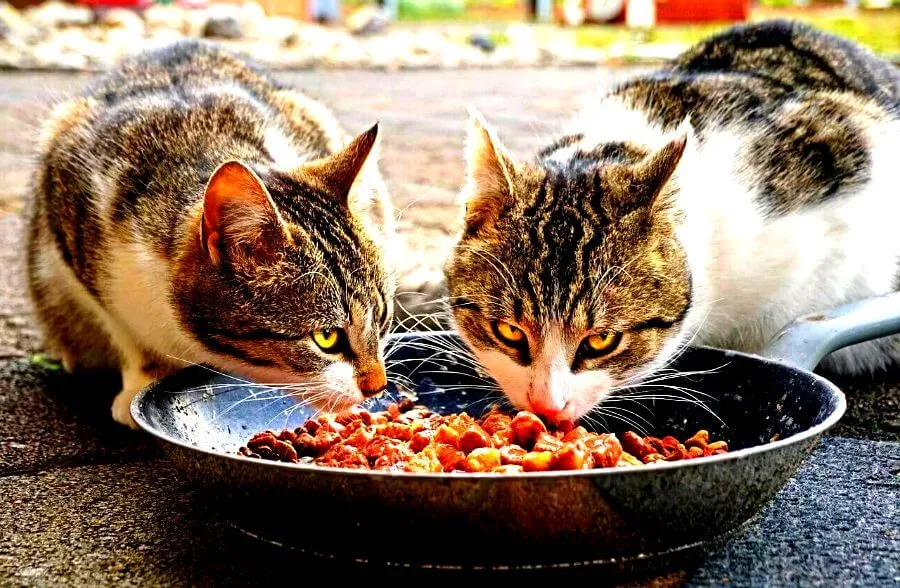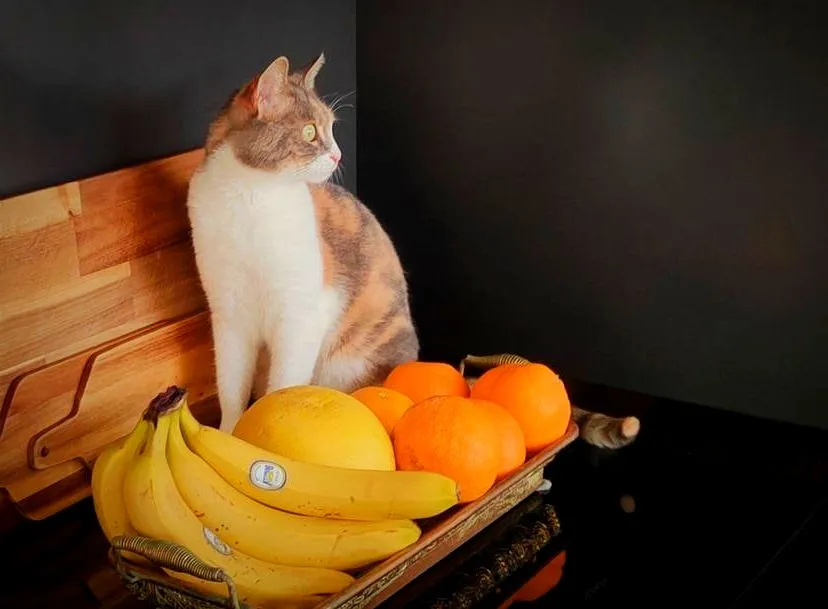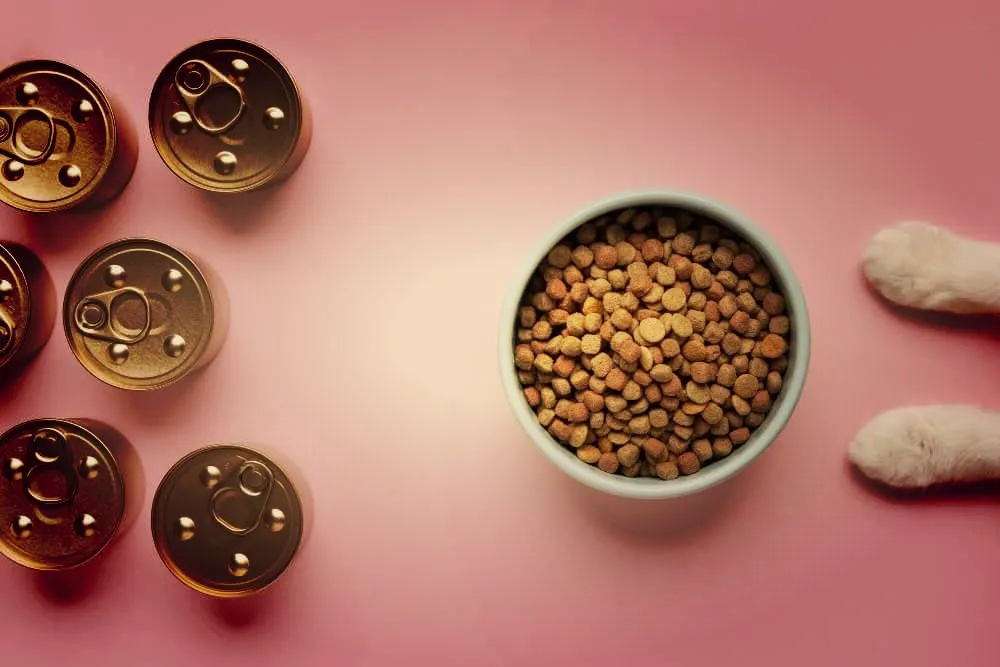
A guide to protein for cats includes understanding the importance of protein in their diet and choosing high-quality protein sources to meet their nutritional needs. Cats require protein for proper growth, development, and maintenance of bodily functions.
It is essential to provide them with a balanced diet that includes animal-based proteins such as meat, fish, and poultry. Additionally, protein levels should be appropriate for their life stage and individual needs. Feeding your cat a diet rich in protein can support their overall health and well-being.
Why do cats need protein?
Cats need protein for various reasons. Firstly, protein is essential for the growth and development of muscles in cats. It helps to build and repair tissues, which is especially important for active and playful cats.
Additionally, protein plays a crucial role in the production of enzymes and hormones, which are essential for the overall health and well-being of cats.
Furthermore, protein is necessary for a healthy immune system. It helps to strengthen the immune system, making cats more resistant to diseases and infections.
Moreover, protein provides energy for cats, helping them stay active and agile. When choosing a protein for your cat, it is important to consider the source.
High-quality animal-based proteins, like chicken, turkey, and fish, are ideal for cats. These proteins are easily digestible and contain all the essential amino acids that cats need.
Overall, a protein-rich diet is crucial for maintaining the health and vitality of cats.
It supports their growth, enhances their immune system, and provides them with the energy they need for a happy and active life.
How much protein do cats need?
Protein is an essential nutrient for cats. It plays a crucial role in maintaining their overall health and well-being. Just like humans, cats require a sufficient amount of protein in their diet to support muscle growth and repair, as well as to provide energy.
But how much protein do cats actually need? The protein requirements for cats can vary depending on their age, weight, and activity level. Generally, adult cats require a diet that consists of approximately 25-35% protein.
Kittens, on the other hand, have a higher protein requirement, with around 30-45% protein in their diet.
It is important to note that cats are obligate carnivores, meaning that their bodies are designed to primarily digest and utilize animal-based proteins.
To meet your cat’s protein needs, it is recommended to feed them a high-quality cat food that contains a balance of animal-based protein sources.
These can include chicken, turkey, fish, and other meats. Always consult with your veterinarian to determine the right amount and type of protein for your specific cat.
Ensuring that your cat receives the appropriate amount of protein in their diet is crucial for their overall health and well-being.
By understanding their protein needs and providing them with a balanced diet, you can help keep your feline friend healthy and happy.
For Kitten Cats
Protein is an essential part of a feline’s diet, especially for growing kittens and adult cats. It plays a crucial role in maintaining their overall health and well-being.
It helps in the development and repair of tissues, assists in building strong muscles, and contributes to a healthy immune system.
Kittens, in particular, require higher levels of protein compared to adult cats, as they are growing rapidly. When selecting cat food, it is important to carefully read the labels and ensure that it contains ample amounts of high-quality protein from animal sources.
This will provide the necessary amino acids for your cat’s overall growth and development. Additionally, it is important to note that each cat’s protein requirements may vary based on factors such as age, activity level, and overall health.
Consulting with a veterinarian is always recommended to ensure that your feline friend is receiving the appropriate amount of protein to thrive.
For Adult Cats
Protein is an essential nutrient for adult cats, providing the necessary building blocks for growth, maintenance, and repair of their muscles, tissues, and organs. When it comes to their diet, it is crucial to ensure that they receive adequate protein to support their overall health and well-being.
Protein-rich foods such as meat, fish, and poultry are excellent sources of this vital nutrient. Additionally, incorporating high-quality commercial cat food that is specifically formulated to meet the protein needs of adult cats can also be beneficial.
Moreover, it is essential to consider your cat’s individual dietary requirements, taking into account factors such as age, activity level, and any underlying health conditions.
By providing a balanced and protein-rich diet for your adult cat, you can help support their overall health and ensure they receive the nutrients they need for optimal function and vitality.
For Senior Cats
As cats age, their nutritional needs may change, and it is crucial to ensure that they receive the right amount of protein to support their optimal health. Protein is essential for their muscle strength, immune function, and overall wellbeing.
Senior cats require a higher protein intake compared to their younger counterparts, as they may experience muscle loss and decreased metabolism.
When selecting a protein source, it is important to choose high-quality options such as lean meats or specially formulated senior cat foods.
Additionally, consult with your veterinarian to determine the appropriate protein content for your senior cat, as individual needs may vary.
By following these guidelines and providing your senior cat with the right amount of protein, you can help support their overall health and longevity.
The Best Protein Sources for Cats
Protein is an essential nutrient for cats, as it helps support their overall health and well-being. When choosing the best protein sources for your feline friend, there are a few factors to consider.
Firstly, it’s important to opt for high-quality animal-based proteins such as chicken, turkey, or fish.
These proteins contain all the essential amino acids that cats need for optimal growth and development. Additionally, incorporating a variety of protein sources into your cat’s diet can help prevent any potential nutrient deficiencies. Another important aspect to consider is the form of protein, whether it’s in canned wet food or dry kibble.
Cats are obligate carnivores, which means they need a higher protein content in their diet compared to other animals. As such, it’s vital to provide them with protein-rich meals to keep them healthy and happy.
Comparing Different Protein Sources for Cats
Protein is an essential component of a cat’s diet, providing the necessary building blocks for growth, maintenance, and repair. Cats require a high level of protein due to their carnivorous nature.
When it comes to protein sources for cats, it is important to compare and understand the different options available.
Meat, poultry, and fish are commonly used sources of protein in cat food. These animal-based proteins provide essential amino acids that cats need to thrive.
Plant-based sources, such as soy and rice, are sometimes used as well but may not provide the same level of nutritional value.
It is important to read labels and choose cat food that lists a quality protein source as the main ingredient. By providing a balanced diet rich in protein, you can help ensure your cat’s health and well-being in the long term.
A Final Word
Providing a balanced diet that includes adequate protein is crucial for maintaining your cat’s health. Protein plays a vital role in their overall growth, muscle development, and immune system function.
By understanding their dietary needs and selecting high-quality protein sources, you can optimize their well-being and ensure their longevity.
Remember, always consult with a veterinarian to tailor a protein-rich diet that suits your cat’s specific requirements. Happy feeding!

